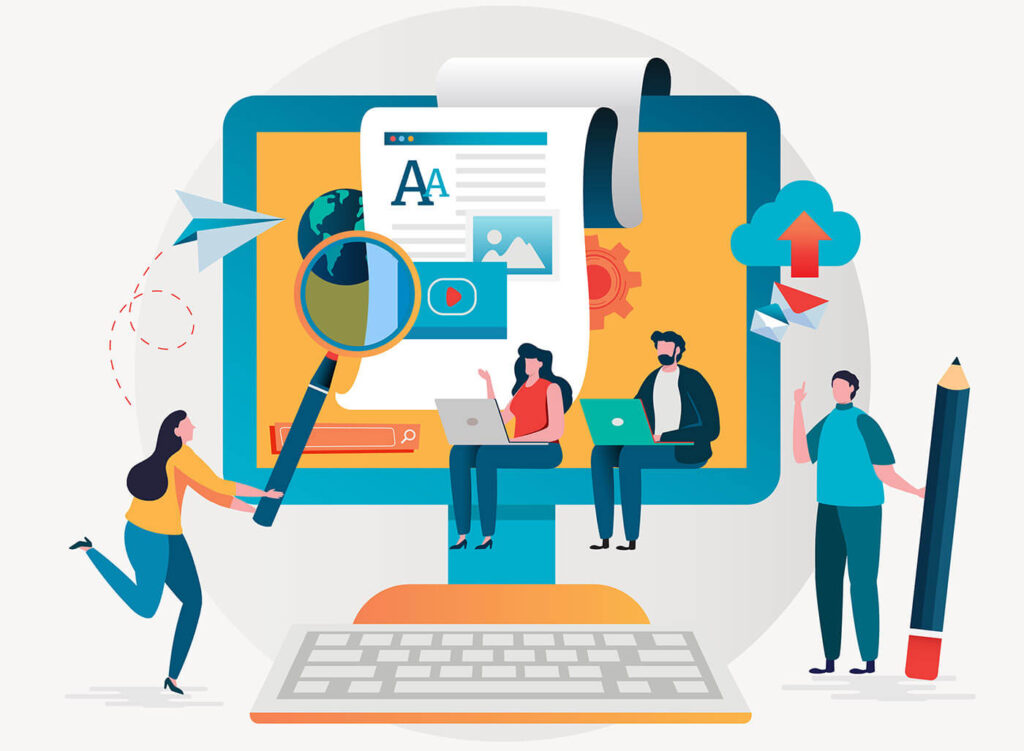The Internet can be a scary place. If you are a parent, your child’s safety and developing healthy habits should be your priority. Although children have to use technology on a daily level and for different purposes, it is important that you set reasonable limits for them, because it is for their own good. Parents mostly use apps to track and monitor their children’s activities. They contain a large number of useful functions and can be installed secretly.
This means that you will always know that your children are safe, and you will not jeopardize their trust. Since smart devices and the Internet are the main source of socialization, you cannot prohibit your children from using them. Fortunately, it’s not difficult to make rational decisions that will keep your children safe at the same time. All you need is to think about the benefits of parental control monitoring.
1. Time management

In addition to numerous responsibilities, your child should also have free time. This period of the day has a great influence on his development. If the child is too young to make independent decisions and spend more time outside the home, then monitoring is the perfect option for you. It is an opportunity to know at all times what he is doing and have control over his free time. Online research, playing games and similar activities can have a very positive effect on your child, but only if they are not overdone.
Otherwise, it will have a negative impact on the child’s development. If you want your child to grow up to be a productive adult, get regular physical activity and face-to-face socialization then you should manage the time they spend online. Thanks to the monitoring, you will monitor their activities, but also control the use of the device. For example, you can specify a part of the day when the Internet can be used, but you can also set different restrictions. There is also the possibility of setting limits for certain applications.
2. Content filtering
Don’t forget that exposure to inappropriate content for too long can cause long-term emotional problems. This kind of content is ubiquitous on the internet, which means that it is necessary to filter the content. With this option, you will remove all inappropriate content that includes violence, illegal substances, gambling sites, etc. So, let your child explore freely, but establish disciplines. Filters will isolate him from the bad side of the Internet for which he is not yet ready, because he has not reached a certain maturity.
Set individual limits that are appropriate for his age. On the internet, content is unlimited and it’s your role to block certain features. This applies not only to the browser but also to games. For example, children can make in-game purchases and interact with other players. In this way, the child can abuse your credit card information as well as other sensitive information. This is an opportunity to help him develop a balanced lifestyle and protect himself.
3. Activity monitoring

When we talk about this advantage, we mean monitoring the child’s communication on different digital platforms. The Internet has long been a part of everyday life, including the lives of the youngest. At the same time, it has brought new dangers that, just like in real – offline life, parents have to monitor. The use of technology is important. It is desirable to encourage the development of IT skills, because digital literacy will mean a lot to them later in life. However, you need to teach children how to navigate the online world. In addition to talking about network security and similar topics, you need to monitor their activity at all times. Such behavior is part of your role as a parent. For example, during the night hours, disable their access to social networks, while during the day you allow them to surf unhindered on websites from the allowed list.
The older the child, the greater the average number of hours he spends on the Internet during the day. Age differences are very pronounced. Today, the average user of a mobile device has over 15 apps, and most of them involve interaction with other users. This means that your child is exposed to strangers from the Internet every day, and we’re sure you don’t want to risk it. Don’t just rely on what your child tells you, but take matters into your own hands. There are apps that will protect your identity, which means that the child does not have to know that you are following him or her. You will install them like any other app, connect to your smartphone, and then become invisible. If you want to find out how one app like spy phone exactly monitor your child check this before continuing reading our article.
4. Movement tracking
Parenting control will give you insight into tracking the location of your children, but not only that. Using this technology, you can track the movements of your entire family and share locations with each other. Not only will your children be safe all the time, but they will also feel much better knowing that you are there for them at all times. For example, you can set an alarm that goes off in an emergency. In order for these functions to work, it is necessary that GPS tracking is turned on at all times and that the location is working.
5. Backing up data

Children use the Internet a lot and it is very important that they know everything about it, but it is not only about the potential danger but also about the potential. For example, they will need the internet to complete school projects or homework. If they don’t have the necessary IT skills, they can lose their project forever. To prevent this, back up their data in a safe place.
Conclusion
Therefore, the Internet is primarily used for entertainment and communication. Children are constantly exposed to dangers lurking on the Internet, and parents must be their protectors in the online world. Educate your children about the cause-and-effect relationship between curiosity, digital skills and consequences. Help them learn as much as possible about the Internet, but don’t leave them out of control. Parental Control Monitoring allows parents to see how their child uses devices, apps and the Internet.

